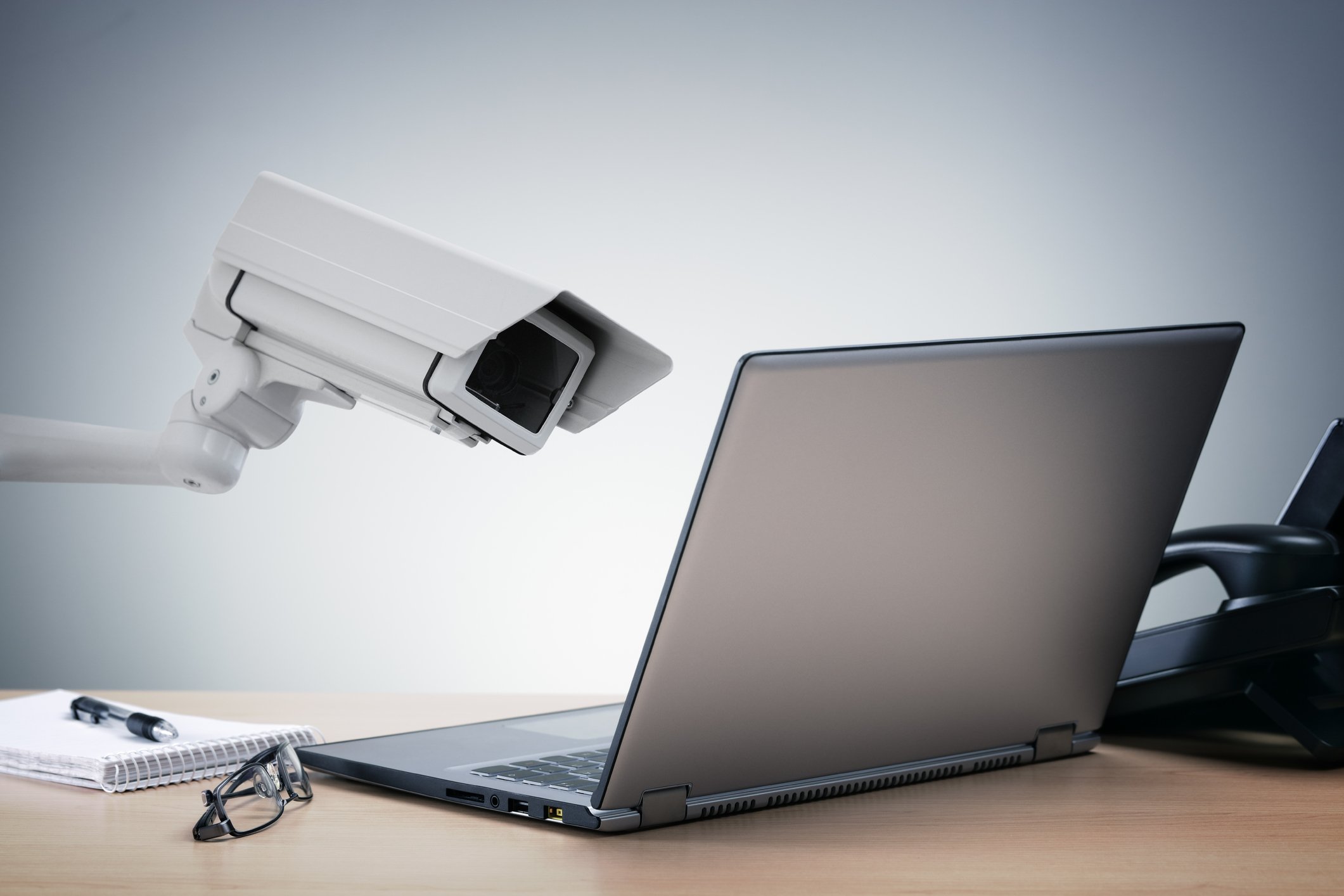The viability of GameStop's (GME +4.69%) business model depends almost entirely on its ability to sell video game software. Last quarter, more than half of GameStop's revenue and about two-thirds of its profits came from the sale of video game software, both new and used.
This is a major existential problem for the retailer, as the digital distribution of video games continues to build momentum. Sony (SNE 0.85%), in particular, continues to push digital distribution through a myriad of initiatives. A recent update to its PlayStation 4 console makes purchasing digital games even more enticing, further challenging GameStop's business model.
PlayStation 4 gets preloading
Gamers, by nature, are an impatient group. Drive by your local GameStop on the eve of a major video game release, and you're likely to see a line stretching halfway down the block. Major games are anticipated months in advance, and often see the majority of their sales occur shortly after release -- last year's Grand Theft Auto 5, for example, generated $1 billion in sales in its first three days alone.
That gives retailers like GameStop that specialize in physical discs a big advantage over digital distribution. Every game released for Sony's PlayStation 4 is available for purchase digitally, but those with slow Internet connections must often wait several hours for the games to download. If you're an early adopter who's eager to begin playing the latest game at the first possible moment, it's often faster to head over to your local GameStop rather than wait for the game to finish downloading.
But a recently released patch to Sony's PlayStation 4 levels the playing field. Now, gamers will be able to preload their games. They can begin downloading digital copies of new games days in advance. When the clock strikes midnight on the day of release, the digital copy will unlock, becoming playable in an instant.
Sony's commitment to digital distribution goes beyond preloading
Prior to its release, GameStop shares faced heavy selling pressure on fears that the forthcoming Xbox One would not ship with a disc drive. Ultimately, that proved not to be the case and the draconian digital restrictions built into the Xbox One were later removed. But Sony's PlayStation 4 is far and away a bigger threat to GameStop than the Xbox One.
Besides preloading, Sony has built many other features into the PlayStation 4 that encourage gamers to purchase their games digitally. One example is remote streaming: Gamers who also own a Sony PlayStation Vita can play their PlayStation 4 games remotely, either in another room in their house or on the road as long as they have a stable Internet connection. Disc-based games can be played as long as they're in the PlayStation 4 at the time, but they can't be swapped remotely -- any gamer who makes heavy use of this feature is incentivized to purchase digitally.
Then there's PlayStation Now, its forthcoming streaming video game service. Set to launch sometime this year, the service is currently in testing. Beta testers are contractually obligated not to divulge any specifics on Sony's service, but that hasn't stopped a few from leaking details online. So far, the chatter has been largely positive, with those claiming to be testers reporting a solid playing experience. When it launches, it will give PlayStation 4 owners access to a wide variety of older PlayStation games -- subscribers to the service will have no incentive to purchase physical copies of these games.
GameStop's PlayStation Plus sales are surging
Finally, there's PlayStation Plus, Sony's other subscription service that's basically mandatory for PlayStation 4 owners. Strictly speaking, PlayStation Plus is optional, but in order to take advantage of online multiplayer -- a key component in most of today's best-selling games -- PlayStation 4 owners need a PlayStation Plus subscription. PlayStation Plus can be purchased directly through Sony, but gamers can also buy the service by purchasing a card from GameStop.
Unsurprisingly, sales of PlayStation Plus have been going like gangbusters. On its last earnings call, GameStop's management noted that it had sold "3.4 times more PlayStation Plus dollars since the PS4 launch than the entire amount of PlayStation Plus we had ever sold prior." Sounds great for GameStop, right? Not exactly.
In addition to accessing online multiplayer, PlayStation Plus subscribers also receive a free digital copy of a select PS4 game every month. That's one fewer physical game a PS4 owner needs to buy and one fewer game that can be traded to GameStop.
This time it's different
GameStop has received support from a number of bullish sell-side analysts. Most recently, analysts at Merrill Lynch upgraded GameStop to buy, arguing that the maturation of the current console cycle would benefit GameStop's earnings in the future. In recent years, that's been a reliable trend for GameStop -- new consoles have driven an upgrade and purchase cycle, benefiting GameStop's earnings.
But it's important for investors to understand that this time it really is different. Sony has built in, and continues to add, features to its PlayStation 4 that make digital distribution far more enticing. With the PlayStation 4 having sold 7 million units worldwide -- becoming the most popular next-generation living room console in the process -- GameStop's core business model is under assault. With an aggressive push toward digital distribution, this generation could be GameStop's last.







